SEA LIFE Sydney Aquarium is located on the city side of Darling Harbour, in the heart of Sydney. No trip to Sydney is complete without visiting SEA LIFE Sydney Aquarium. SEA LIFE Sydney Aquarium houses over 12,000 animals from 650 species, including sharks, dugongs, turtles, stingrays, penguins, tropical fish and much, much more. As Sydney's leading family and tourist attraction, SEA LIFE Sydney Aquarium offers entertainment for young and old alike. Walk underwater through over 100 metres of glass viewing tunnels and see Australia's marine life like never before! Come within inches of huge sharks, rays and turtles and see some of the remarkable marine and freshwater animals that Australia is famous for, such as the platypus, barramundi and Little Penguins. As you walk around SEA LIFE Sydney Aquarium you'll be taken on a journey through Australia's wide and varied aquatic habitats (source).
シー・ライフ・シドニー水族館には水中生物の宝庫であるオーストラリアの生物を中心に650種、12000匹の世界最大を誇るコレクションがあります。ここを訪れずにシドニーの旅は語れません。
Dugong
Dugongs are also known as sea cows as they grow up to 600kg and eat a lot of seagrass.
ジュゴン
SEA LIFE Sydney Aquarium
シー・ライフ・シドニー水族館
About SEA LIFE Sydney Aquarium
Google map
glass viewing tunnels
約100mのガラストンネル
SEA LIFE Sydney Aquarium
Grey Nurse Shark
Carcharias taurus
シロワニ
Sicklefin Lemon Shark
Negaprion acutidens
レモンザメ
Estuary Glassfish
Ambassis marianus
Eastern Hulafish
Trachinops taeniatus
Upside Down Sea Jelly
Cassiopea species
Sun Coral
Tubastraea coccinea
Peacock Mantis Shrimp
Odontodactylus scyllarus
Lungfish (albino)
肺魚
Flowerpot Coral
Goniopora sp.
Green Star Coral
Pachyclavularia sp.
Silver Lined Mudskippers
Periophthalmus argentilineatus
Freshwater Longtom
Strongylura krefftii
Spotted Gar
Lepisosteus oculatus
Stripey
Microcanthus strigatus
Sea Mullet
Mugil cephalus
Tarwhine
Rhabdosargus sarba
Eastern pomfret
Schuettea scalaripinnis
Black Cod
Epinephelus daemelii
Copperband butterflyfish
Chelmon rostratus
Banggai cardinalfish
Pterapogon kauderni
Clownfish
Amphiprion percula
Blue devilfish
Assessor macneilli
Sawfish
Queen Victoria Building
Australian food is safe and good.
sushi
fruits
fruits
dinner
About 5 years have passed since Fukushima Daiichi nuclear power plant accident. I have visited various places of Japan to see the health consequence of the accident.
Fortunately I have never found any impacts by the accident among Japanese creatures. As far as I know, nobody has health problem which is caused by the accident in Japan.
Our Prime Minister Abe assures that "The situation is under control. The influence of the contaminated water is completely blocked within Fukushima. There are no health-related problems until now and there will never be health problems." He also said that "Tokyo is 250 kilometers away from Fukushima, and the kind of danger that you imagine does not exist in Tokyo. Tokyo is a very safe city."
As PM Abe said, Australia is very far away from Fukushima too, Aussie have no concern about the nuclear power plant accident. Aussie have already forgotten the Fukushima Daiichi nuclear power plant accident, because they think radioactive materials cannot reach there.
We know there is no problem for childbirth and child rearing in Australia. So Australian people are living without any concern about the accident. I continue to visit various places in the world to see the effects of the accident, because I can meet various creatures which are more sensitive to radioactive materials from the environment. It is important to see their health for our safety.
公衆衛生ネットワーク
Public Health Network in Japan
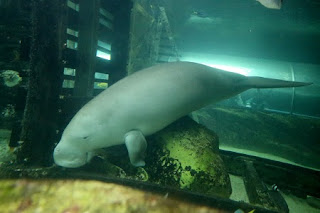

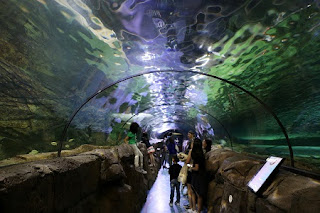
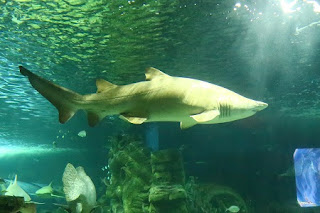

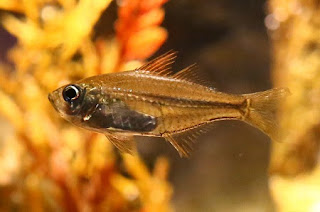






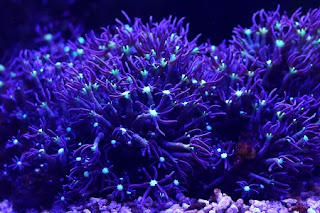

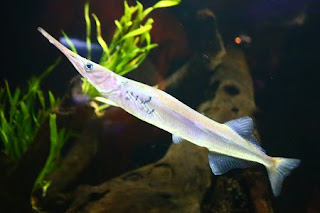




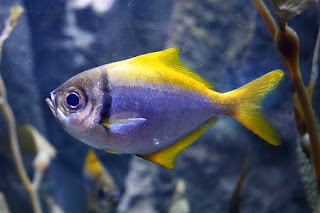
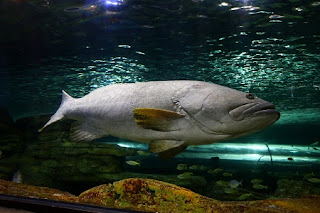


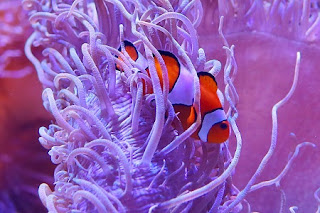
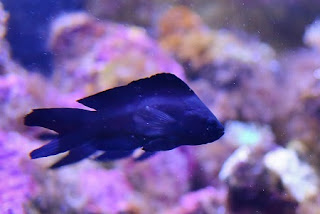
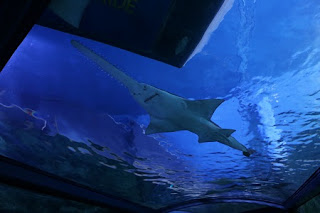

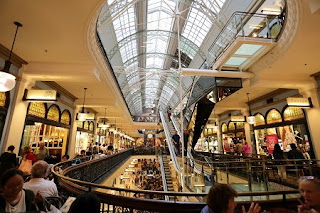





0 件のコメント:
コメントを投稿